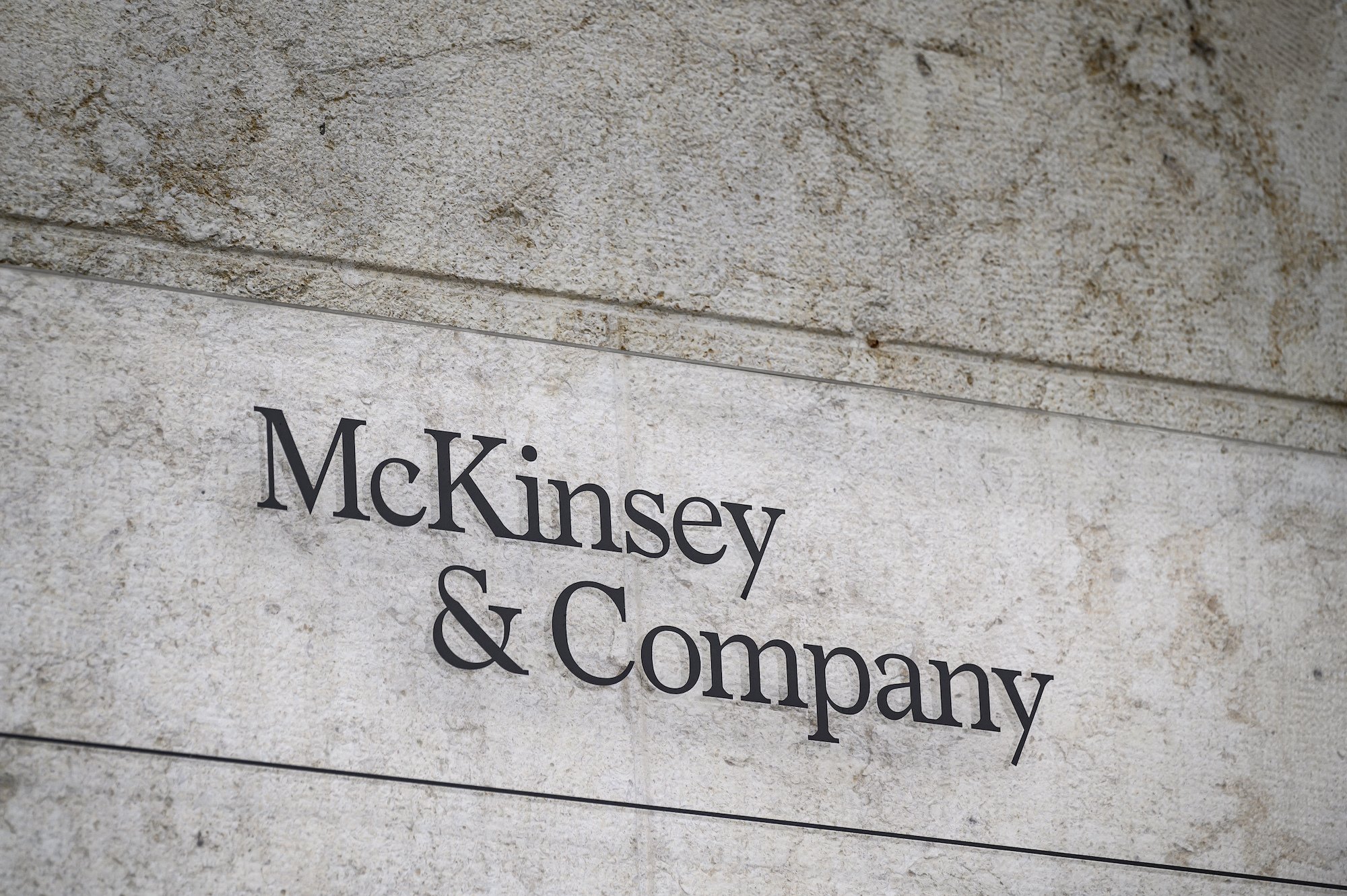U.S. health insurers and benefit plans alleged the consulting giant’s work for drug makers prompted them to pay for opioids instead of non-addictive and cheaper drugs
Consulting firm McKinsey & Company has agreed to pay $78 million to settle a lawsuit brought by health insurers and benefit plans over its involvement in the nation’s opioid addiction epidemic.
The proposed settlement was filed in a federal California court on Friday and resolved claims by the plaintiffs that McKinsey strategized and acted with opioid makers, including Purdue, to create and execute marketing and sales strategies to “maximize opioid revenue.”
The original lawsuit was filed by third-party payers such as private benefit plans, multi-employer pension plans and commercial insurers. They alleged these strategies harmed them by prompting them to pay for prescription opioids instead of safer, non-addictive and cheaper drugs, as well as the “addiction-related treatment that followed.”
McKinsey did not admit to any wrongdoing in the settlement. In a statement shared with The Messenger, the firm said “we continue to believe that our past work was lawful.”



Exactly.
I’d be OK with CEOs and other management getting these overinflated wages and benefits if their role actually encompassed being responsible for EVERYTHING the company does under their watch.
Now, they are only held responsible by shareholders for the finances of the company and everything else is just a cost calculation.
They are fined 78 Million, which means they probably made billions of these actions.
The fines should also be calculated as 100% of what they likely gained from their actions.
Those two together would change how corporations and their management do things drastically.
And I wouldn’t just make rules that define the CEO gets to go to jail, because then in the shortest time, they’d put flunkies in the CEO position, without any power, while the actual CEO gets another name label.